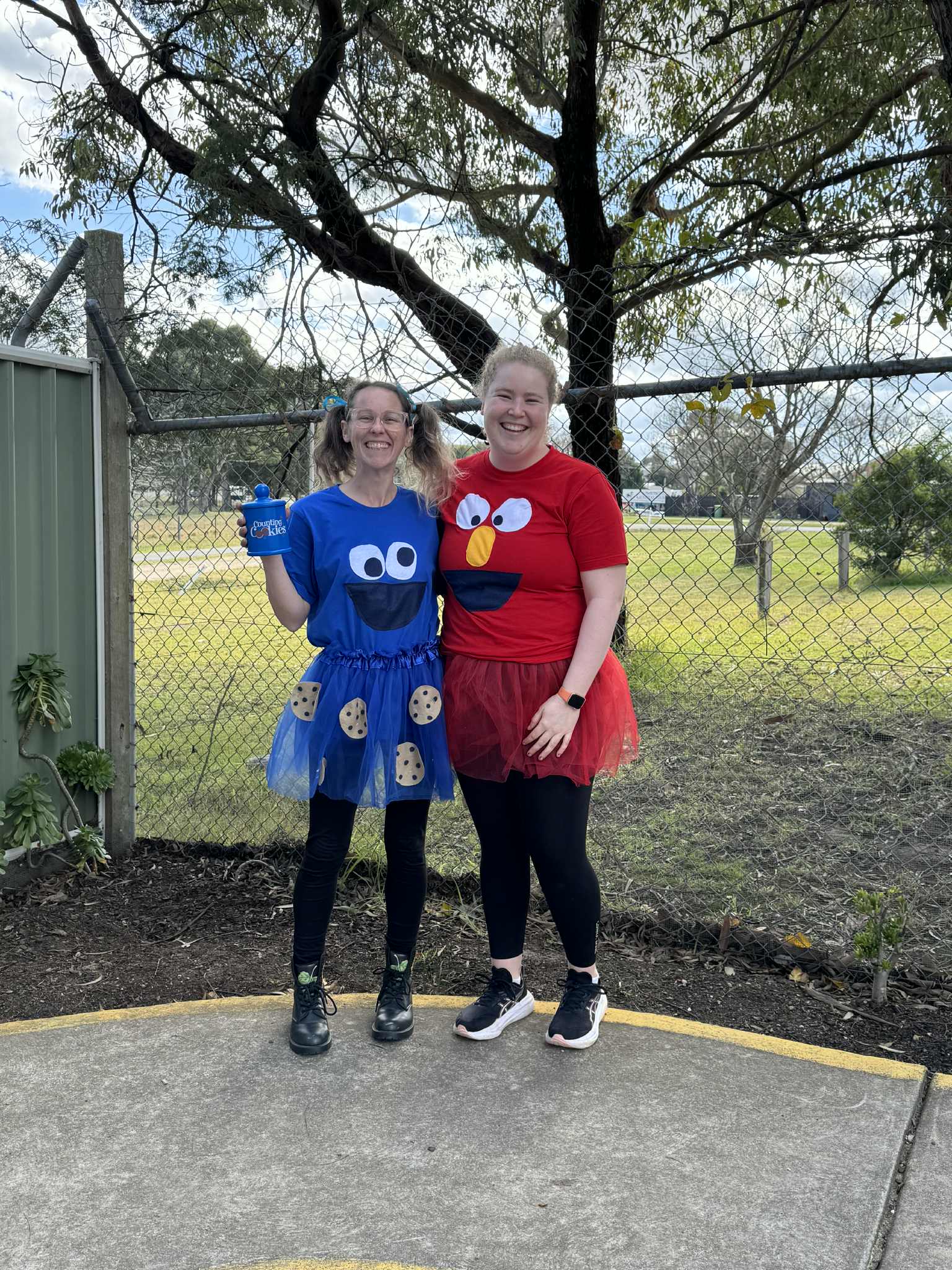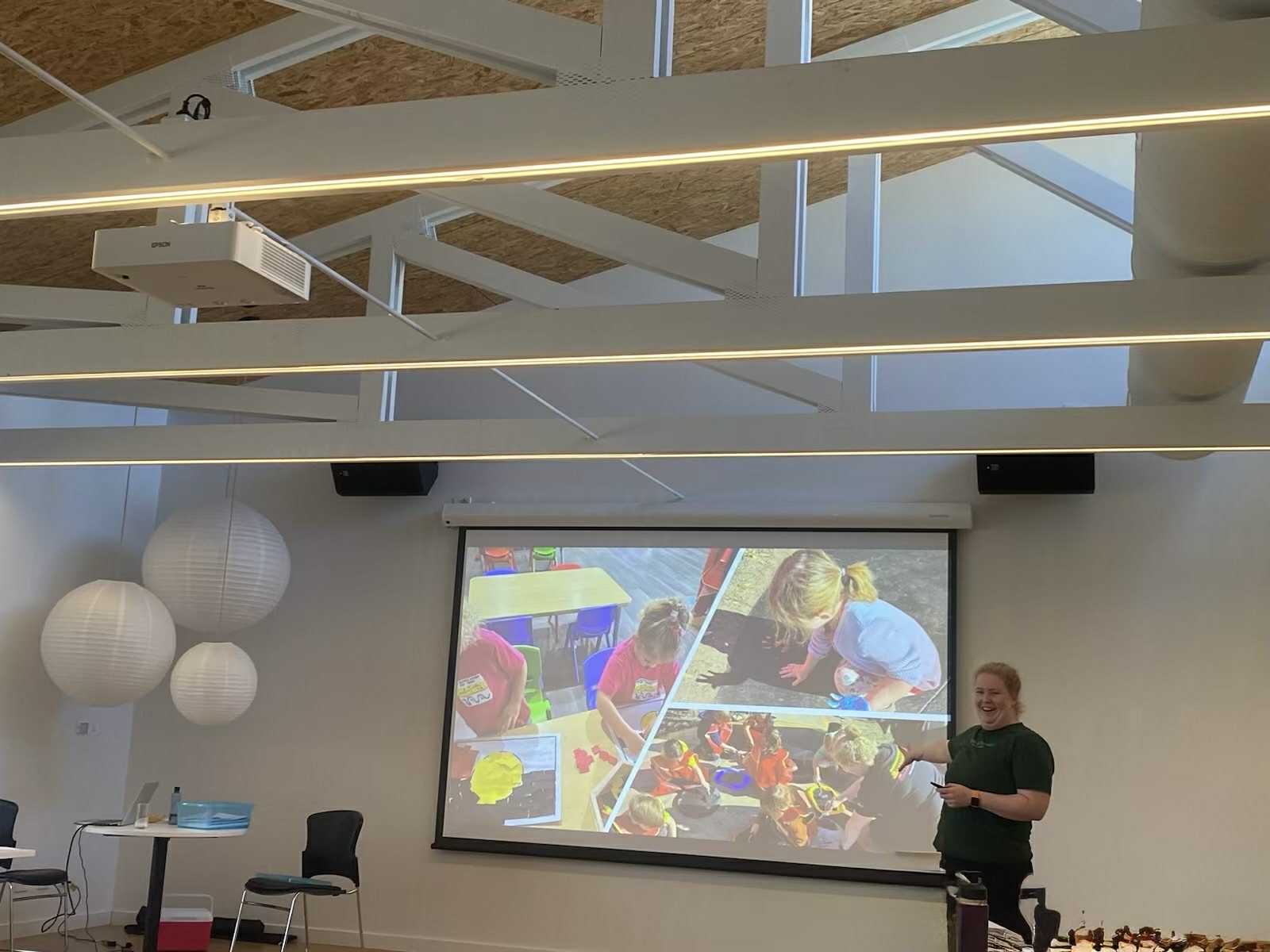Published 21 Oct 2025
What does it mean to be an early childhood teacher mentor?
Haydn Fellows
Swan Reach and District Preschool
Mentoring is the most effective form of support for provisionally registered teachers (PRTs) who are progressing to full registration. Mentors play a vital role in the continuum of teacher development by inducting PRTs into the workplace, supporting the growth of their teacher identity, and developing a PRT’s skills to move their practice from the graduate to proficient level.
Some mentors also take on roles with additional challenges, such as supporting PRTs
- outside of their own workplace, which is particularly common in early childhood settings
- undertaking casual relief work, which is essential to the workforce
- who work in non-school settings, such as hospitals and zoos.
Haydn Fellows is the Teacher in Charge at Swan Reach and District Preschool in Swan Reach, East Gippsland. She is an early childhood teacher (ECT) mentor who completed the Effective Mentoring Program (EMP) in 2023 and a refresher in 2025. We spoke to Haydn about what motivated her to become a mentor and her experiences helping PRTs in the region.
What motivated you to become a mentor?
East Gippsland is a large area and unfortunately there aren’t that many VIT mentors. I felt there wasn’t enough support for PRTs in the area or opportunities to form new connections between teachers, so I wanted to try and make a change. I had a great mentor for my Inquiry to become fully registered and wanted to carry this on for others as well.
How is mentoring in your setting and rural location unique?
You’re not just mentoring; you’re supporting people through an exciting part of their teaching career. As part of this, you’ll also form solid friendships and connections with other colleagues and services in a very large region! In our location, we can be travelling anywhere from ten minutes to three hours. However, even with these barriers in place, we still create meaningful connections.

How have you supported the growth and development of teachers and mentors in your region?
By being open, honest and transparent. I pride myself on being an open person that admits their strengths and weaknesses, and that I too, am continually learning. I try and pass this along to others in the region and form connections that allows us all to grow our networks and to not feel too isolated in our different services.
What has been the most useful tool to support you as a mentor in your area?
Communicating with other mentors and teachers in the region. I have had so many wonderful colleagues and mentors when I was beginning my teaching career. Being able to communicate with them, ask for advice, as well as have them come into my classroom and provide feedback on my own practices is amazing. By making these connections, it has supported me not just as a teacher, but as a person as well.

What is the most rewarding part of being a mentor?
Seeing teachers succeed and feel supported within their ECT roles. Being a mentor isn’t just about supporting them in their Inquiry but also providing support with any enquires they may have in their role. I love being able to see how someone can grow and develop in such a short amount of time.
Why are professional boundaries important in a rural community like your own?
I feel they are important to ensure best quality practice and education for children. Community is highly important but having professional boundaries in place is key to ensuring the community and individual service can continually excel.
Do you have any advice for teachers who may want to be a mentor in 2026?
You don’t have to be a teacher that’s been in the industry for more than 10 years or think you need to have a specific amount of experience. If you feel like it’s something you can take on, do it. I became a mentor after three years as an ECT and it has been amazing. If you also feel your area needs more mentors and it is something lacking, make a step for change.
